Education: Teachers
Marion Simon Misch
Marion Misch participated in a great number of volunteer activities through her lifetime, all the while running a successful business following the death of her husband. Her primary interests centered on education and Judaism, and her volunteerism reflected her concern for these issues.
Ellen Moers
Ellen Moers’ Literary Women (1976), the third and last book of her career, is a benchmark of feminist criticism. While early critics attacked Literary Women for its exclusive focus on women writers, her analysis of Mary Shelley and other women writers reshaped our understanding of their work.
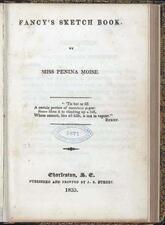
Penina Moïse
A Jewish-American poet, nurse, journalist, and educator, Penina Moïse was born in Charleston, South Carolina, in 1797. Penina Moïse, a staunch supporter of the Confederacy, shaped American-Jewish culture through her poetry as the first woman poet included in an American prayer book.

Kadya Molodowsky
Kadya Molodowsky was a major figure in the Yiddish literary scene in Warsaw (from the 1920s through 1935) and in New York (from 1935 until her death in 1975). She published extensively in many genres, including poetry, fiction, drama, and essays, and founded and edited two journals. Recurrent themes in her work include the lives of Jewish women and girls Jewish tradition in the face of modernity, Israel, and the Holocaust.
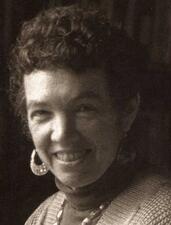
Deborah Dash Moore
Deborah Dash Moore is a leading scholar of American Jewish history. Her influential work has focused on both urban and visual Jewish history in locales from New York to Miami to Los Angeles. A prolific interpreter of Jewish and American culture, Moore has played a key role in making American Jewish history a recognized subfield in the academy.
Rosa Mordecai
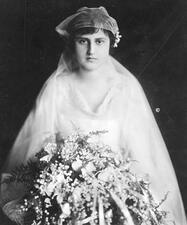
Elinor Morgenthau
Elinor Morgenthau’s accomplishments were largely invisible, as she helped her husband, Henry Morgenthau, Jr., rise to great heights in Franklin Delano Roosevelt’s administration. Because of her sharp political and social skills, she often filled in for her husband, and eventually she became Eleanor Roosevelt’s assistant in the Office of Civilian Defense.
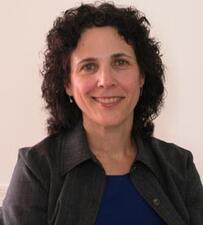
Shelley Morhaim
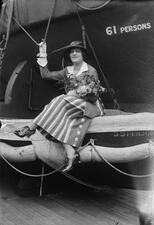
Erica Morini
Erica Morini made her violin debut at age five, playing for Emperor Franz Joseph’s birthday party. She debuted at Carnegie Hall in 1921 and spent the next several decades touring the world, often adding concerts to her overbooked schedule to accommodate her many fans. Morini retired in 1976, the same year the city of New York honored her with a lifetime achievement award.
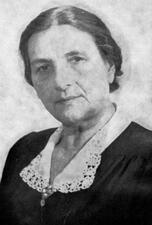
Moshavah
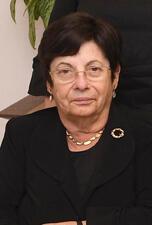
Miriam Naor
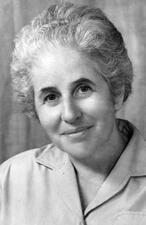
Shulamith Nardi
Shulamith Nardi helped shape relations between Jews and gentiles in the fledgling State of Israel through her writing and editing for several Zionist publications, her analysis of Jewish literature, and her work as advisor on Diaspora affairs to four Israeli presidents.
Rachel Natelson
As a young girl, Rachel Natelson corresponded with an uncle who had been studying with Henrietta Szold. From him, she learned about Palestine and the Zionist movement. These exchanges were to lay the foundation for her extraordinary life as a leader on behalf of the Zionist cause—including being one of the founding members of Hadassah, the Women’s Zionist Organization of America.
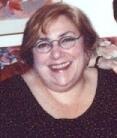
Sheryl Baron Nestel
Nelly Neumann
Nelly Neumann completed her doctorate in synthetic geometry in 1909 at Breslau University, making her one of the first women in Germany to obtain such a degree. In her lifetime she provided career guidance to female university students and worked as a secondary school teacher, tackling the intersection of philosophy and mathematics.
Jewish Women in New Zealand
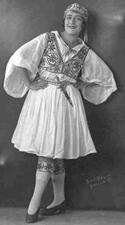
Rina Nikova
Rina Nikova, a pioneer of classical and biblical ballet in Palestine, distinguished herself mostly in character dances, which had a nationalist style influenced by ethnic folklore. Nikova established the first school for classical ballet in Tel Aviv and founded the Biblical Ballet, which was based on Yemenite folklore and focused on Biblical subjects.
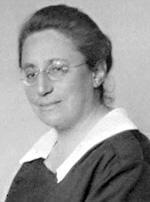
Emmy Noether
Emmy Noether, a German mathematician, was the world leader in the twentieth-century development of modern “abstract” algebra. Her writing, the students she inspired, and those students’ books wholly changed the form and content of higher algebra throughout the world. She influenced a generation of mathematicians, several of whom borrowed heavily from her work to write the major textbooks of the field.

Dalia Ofer
Dalia Ofer is an Israeli historian whose work mainly focuses on women’s experiences in the Holocaust and collective memory of the Holocaust in Israeli society. Ofer has published a multitude of books and articles on these topics during her career, and she has held positions at many prestigious universities around the world including the Hebrew University of Jerusalem, Harvard, Yale, and Columbia.

Betty Olivero

Tillie Olsen
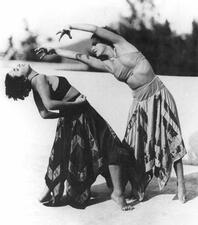
Shoshana Ornstein
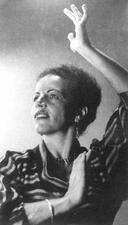
Yehudit Ornstein

Alicia Suskin Ostriker
Alicia Ostriker is a feminist revolutionary, a poet, critic, and creator of contemporary midrash. She is one of an increasing number of women writers who have the courage to approach bibliocal history and legend from an unorthodox, feminist point of view.
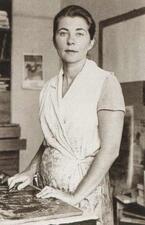
Fayga Ostrower
Fayga Ostrower, born in Poland, began her artistic career after her family immigrated to Brazil, where she quickly developed a love and a talent for engraving. Her award-winning works have been displayed across the world, and she wrote many books reflecting on the power of art as a universal human language.


